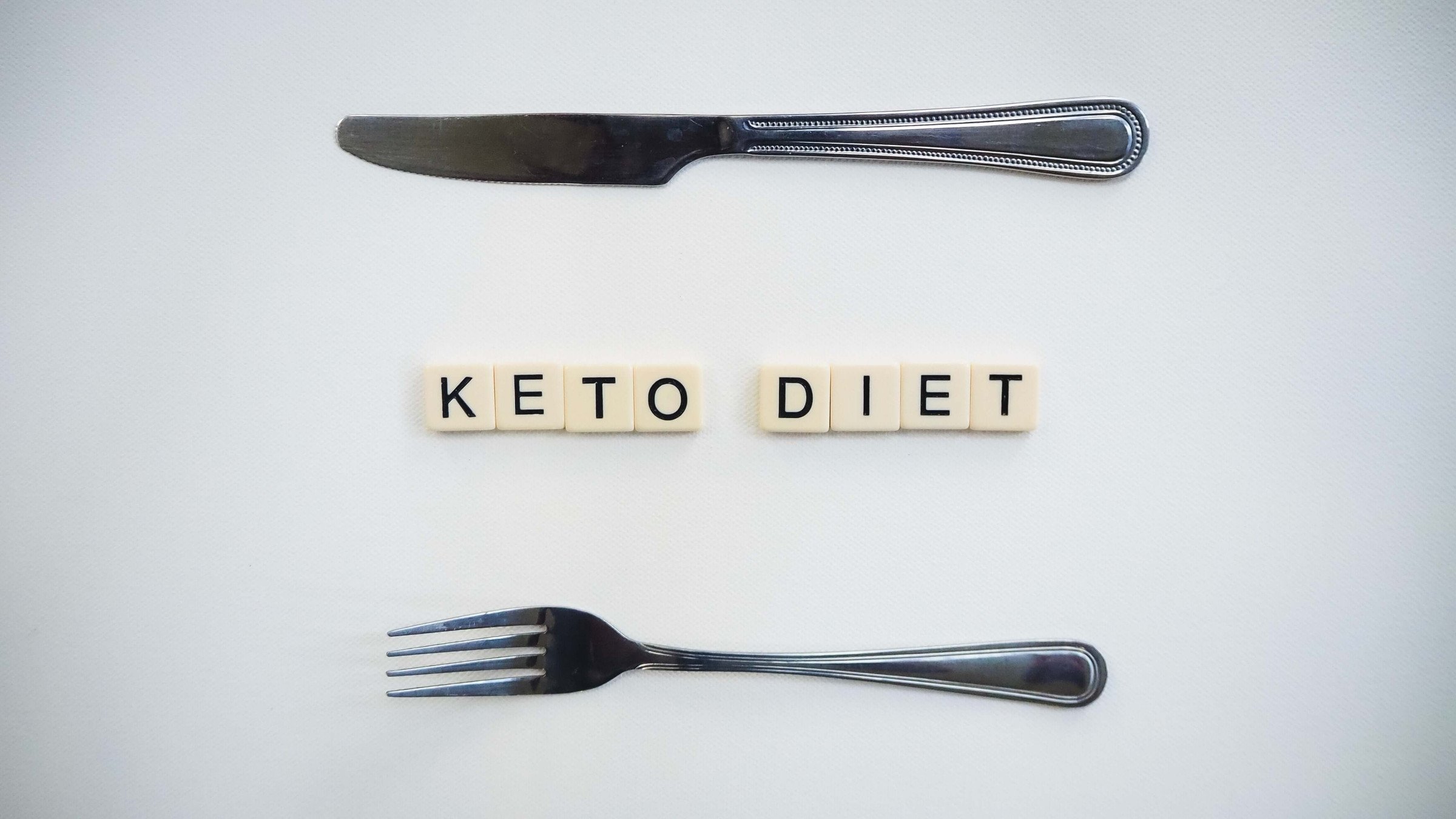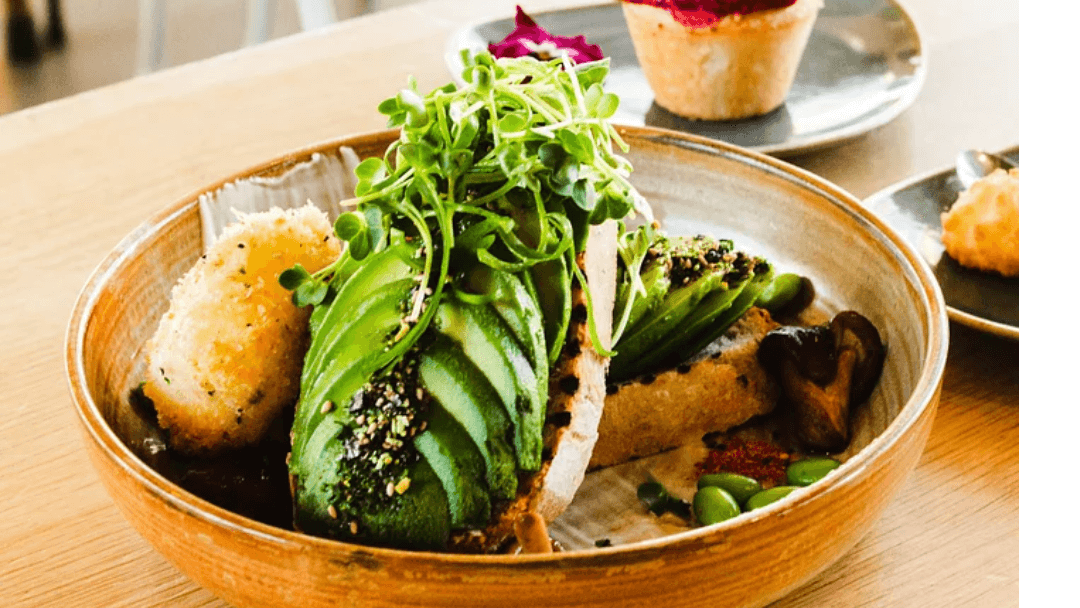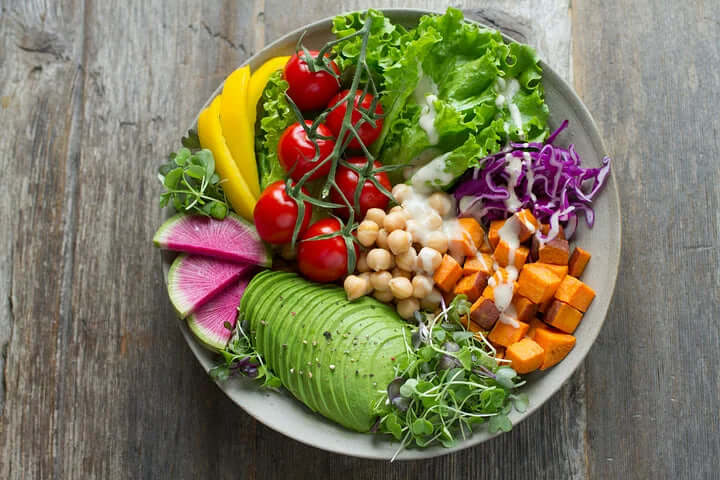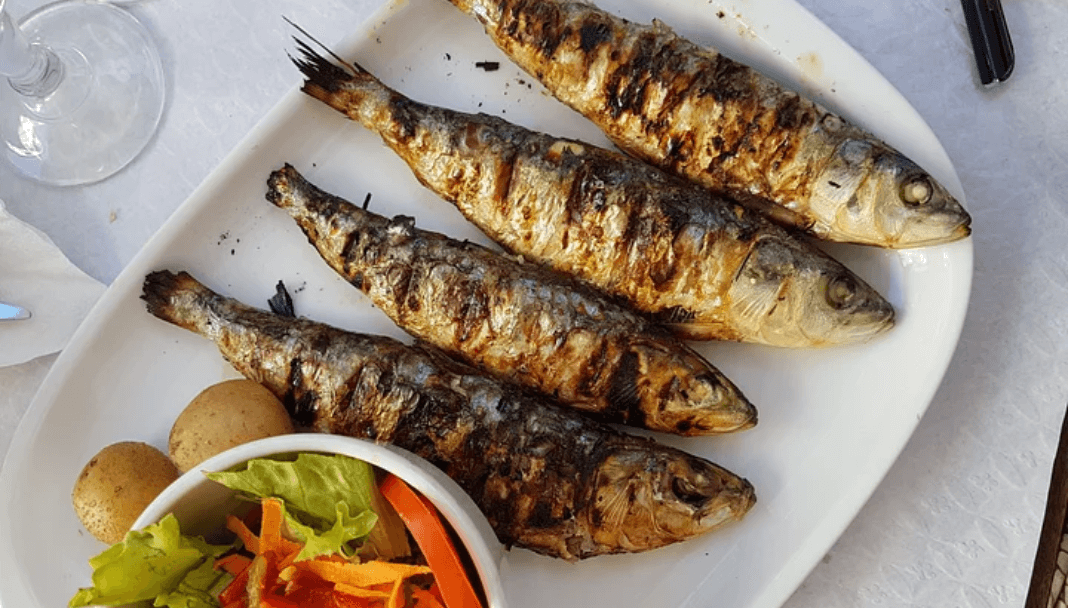Are you ready to embark on a transformative journey towards a healthier, more energized you? The 28-day keto diet might just be the key to unlocking a month-long transformation that goes beyond weight loss. In this comprehensive guide, we'll delve into the intricacies of the 28-day keto diet plan, exploring what to eat, what to avoid, and the potential benefits that await you.
Understanding the 28-Day Keto Diet Plan
The 28-day keto diet plan is designed to kickstart your body into a state of ketosis, where it burns fat for fuel instead of carbohydrates. This low-carb, high-fat diet has gained popularity for its potential to not only aid in weight loss but also to enhance mental clarity and energy levels.
Day 1-3: Transition Phase
Focus on low-carb vegetables, lean proteins, and healthy fats. Hydrate well to help your body adjust.
Breakfast:
Scrambled eggs with spinach and feta. Bulletproof coffee with grass-fed butter.
Lunch:
Grilled chicken breast with a side of asparagus. Avocado salad with olive oil dressing.
Dinner:
Baked salmon with lemon and dill. Cauliflower mash with butter.
Day 4-7: Establishing Ketosis
Limit net carbs to around 20-30g per day. Incorporate more fats into your meals.
Breakfast:
Omelet with mushrooms, cheese, and bell peppers. Keto-friendly smoothie with coconut milk and berries.
Lunch:
Turkey lettuce wraps with mayo. Mixed greens salad with ranch dressing.
Dinner:
Beef stir-fry with broccoli and cauliflower rice. Baked Brussels sprouts with parmesan.
Day 8-14: Fine-Tuning Your Diet
Experiment with keto-friendly recipes. Monitor your body's response to ketosis.
Breakfast:
Keto pancakes with sugar-free syrup. Bacon and eggs.
Lunch:
Shrimp and avocado salad with lime vinaigrette. Zucchini noodles with pesto.
Dinner:
Grilled lamb chops with rosemary. Roasted asparagus with olive oil.
Day 15-21: Meal Variety
Introduce diverse low-carb vegetables. Experiment with different protein sources.
Breakfast:
Chia seed pudding with unsweetened almond milk. Sausage and egg breakfast muffins.
Lunch:
Tuna salad-stuffed bell peppers. Caesar salad with grilled chicken.
Dinner:
Chicken thighs with thyme and garlic. Steamed broccoli with cheese sauce.
Day 22-28: Optimizing Your Routine
Fine-tune your macros for optimal results. Incorporate intermittent fasting if desired.
Breakfast:
Smoked salmon and cream cheese roll-ups. Keto coffee with MCT oil.
Lunch:
Egg salad lettuce wraps. Caprese salad with mozzarella, tomatoes, and basil.
Dinner:
Pork chops with sage and butter. Mashed turnips with chives.
Snack Options Throughout the Month
- Handful of mixed nuts (almonds, walnuts, and macadamias).
- Cheese slices with cucumber.
- Celery sticks with cream cheese or almond butter.
The keto diet isn't without its challenges. Some may experience the "keto flu" initially, characterized by fatigue and irritability. Staying hydrated and ensuring adequate electrolyte intake can help alleviate these symptoms.
In the 28-day keto journey, avoid high-carb foods like grains, starchy veggies, sugars, and processed items. Cut out high-sugar fruits, be cautious with alcohol, and opt for healthy fats instead of certain oils. By steering clear of these pitfalls, you enhance your chances of entering ketosis, where the body burns fat for energy. This, coupled with the recommended low-carb, high-fat meal plans, not only aids in weight loss but also boosts mental clarity and energy levels, offering a holistic transformation in just a month.
For those looking to enhance their keto experience, consider integrating continuous ketone monitoring like the SiBio KS1 Continuous Ketone Monitoring (CKM) System into your routine. The SiBio KS1 CKM provides real-time feedback on your body's ketone levels, allowing you to make informed decisions about your diet and optimize your results.
Conclusion:
Embark on a 28-day keto journey for holistic well-being—beyond weight loss, it transforms your relationship with food for sustained energy and mental clarity. Stay focused and hydrated. For a quicker keto experience, explore "The 7-Day Keto Challenge: A Week of Delicious Low-Carb Meals." Whether a beginner's introduction or a quick reset, enjoy the journey to a healthier, more energized you.
Blog cover image credit: Total Shape
FAQ:
Q: What is the best amount of time to stay on keto diet?
A: The optimal duration for a ketogenic diet varies based on individual goals and health conditions. Some recommend around six months, but it's crucial to consult with a healthcare professional for personalized guidance. Immediate benefits may occur, but long-term improvements may take time. Prioritize safety, monitor your health, and listen to your body throughout the diet.
Q: How often should you take a break from keto?
A: Taking breaks from the ketogenic diet, often referred to as “keto cycling,” involves alternating periods of strict keto with intervals of higher carb intake. While there are no strict guidelines, some suggest a pattern of 5 days on keto followed by 2 days off, or a two-day-on, one-day-off pattern. It’s essential to tailor the approach to your individual health needs and goals.
Q: What are the side effects of reintroducing carbs after keto?
A: Reintroducing carbohydrates after a ketogenic diet may lead to temporary side effects, commonly known as the "carb flu." These can include bloating, fatigue, and digestive discomfort as the body adjusts. Gradual reintroduction and choosing whole, unprocessed carbs may help minimize these effects.
Q: Why am I gaining weight on keto?
A: Weight gain on the ketogenic diet can be attributed to several factors. One possibility is an excess intake of calories, as even on keto, consuming more calories than your body needs can lead to weight gain. Additionally, fluctuations in water retention, hormonal changes, and increased muscle mass due to exercise may contribute.
Q: Is a ketogenic diet healthy long term?
A: According to a study published in Frontiers in Nutrition, the long-term risks associated with a ketogenic diet may outweigh the benefits like accelerated weight loss. The researchers suggest that the diet could lead to health complications such as cancer, heart disease, and Alzheimer’s Disease for most people. The diet is especially risky for pregnant individuals, those who may become pregnant, and people with chronic kidney disease.










